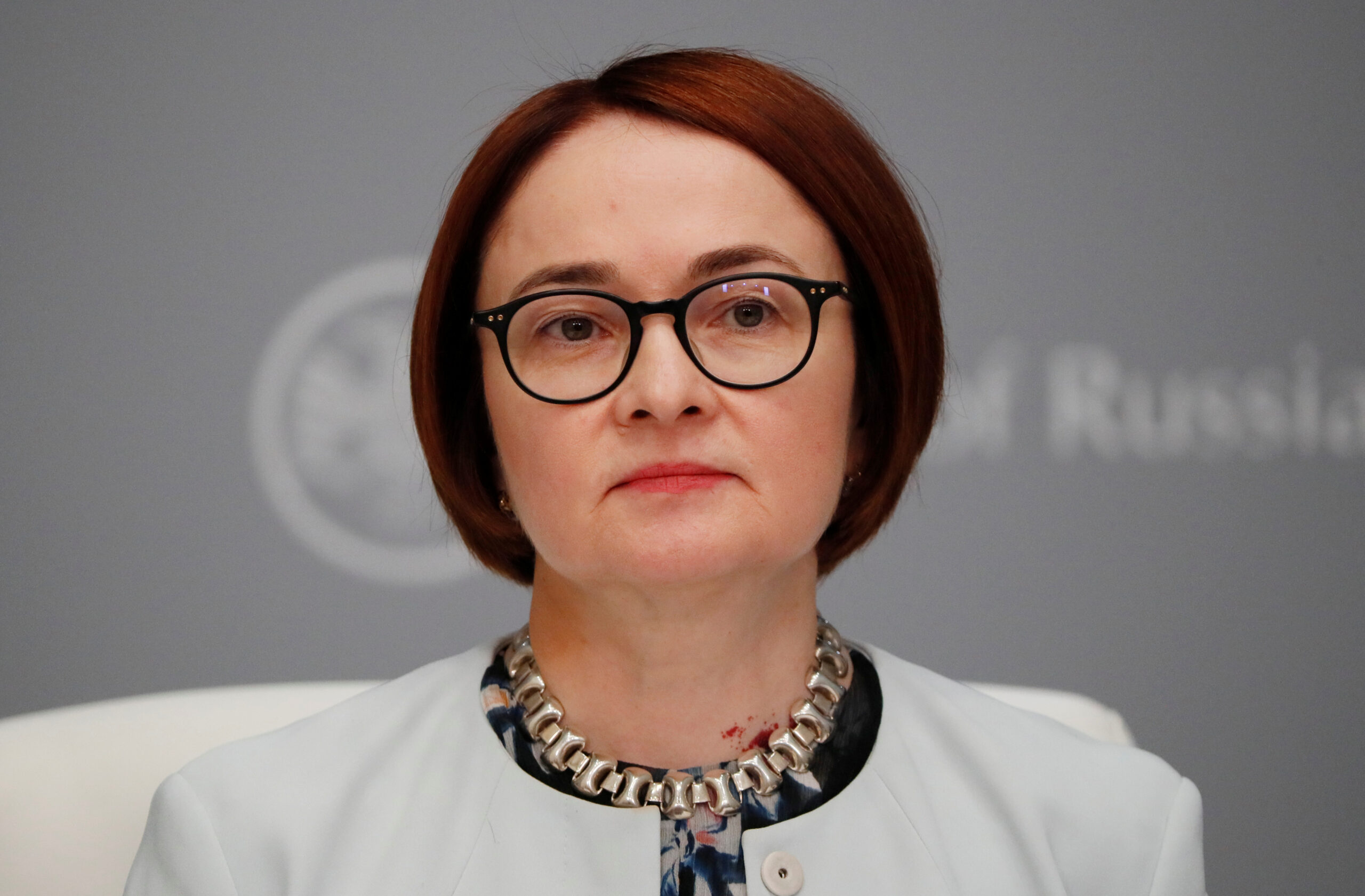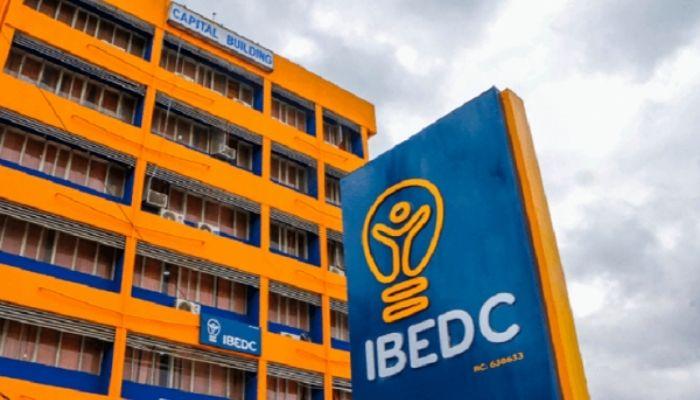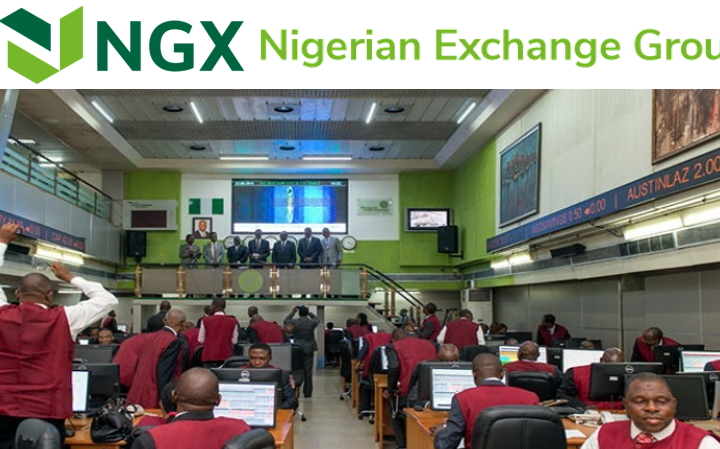Russian Central Bank Governor Elvira Nabiullina firmly rejects the idea of reintroducing currency controls following the recent interest rate hike to 13%.
Nabiullina cautioned that such measures would prove ineffective and eventually be circumvented by the market.
Join our WhatsApp ChannelRussia has been grappling with a weakening ruble for several months, prompting an emergency 350-basis-point rate hike last month after the ruble plummeted below 100 to the dollar.
The move was aimed at curbing inflation, exacerbated by the currency’s depreciation, and steering it back toward the bank’s 4% target. However, there has been a difference of opinion within the government, with some advocating for lower rates to stimulate economic growth and considering the use of capital controls to mitigate the ruble’s impact on inflation.
READ ALSO: Ardonagh’s £1.2 Billion Insurance Sale Fuels CEO’s Expansion
Addressing the ongoing discussions about currency restrictions, Nabiullina emphasized that the decision largely rested with the government. She expressed the central bank’s preference for economic measures over administrative ones, such as making rouble savings more attractive or providing incentives for companies to sell their revenues in roubles.
Nabiullina warned, “Administrative restrictions if they are effective… then they are usually effective only for a limited time. The longer they last, the less effective they are.”
She added, “If we try to close more and more loopholes, for example, limiting transfers abroad, then these ineffective restrictions will snowball. We close one thing, then the business will find a new way round.”
One topic under discussion is the reintroduction of compulsory sales of exporters’ foreign currency proceeds, but Nabiullina argued that this would not significantly impact the exchange rate, as a substantial portion of export revenues is already in roubles, and 90% of FX revenues are being sold by companies.
Similarly, repatriating FX revenues from foreign banks to Russian ones was dismissed as having no substantial impact on the ruble rate by Nabiullina.
President Vladimir Putin weighed in on the matter, acknowledging that exporters’ cautious approach to returning foreign currency was putting pressure on the ruble.
However, he reassured that there would be no sudden moves, such as a return to capital controls, to manage ruble volatility for the time being.
Emmanuel Ochayi is a journalist. He is a graduate of the University of Lagos, School of first choice and the nations pride. Emmanuel is keen on exploring writing angles in different areas, including Business, climate change, politics, Education, and others.

















Follow Us